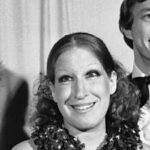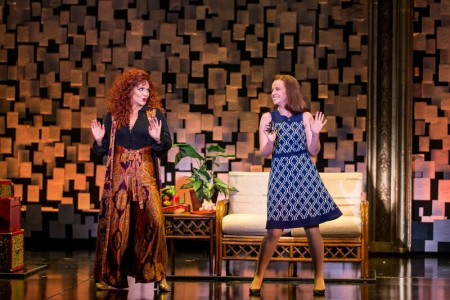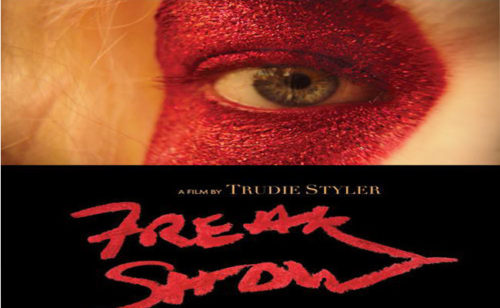The Baltimore Banner
Why friendships can — and should — be as important as romantic relationships
By Leslie Gray Streeter
3/18/2024
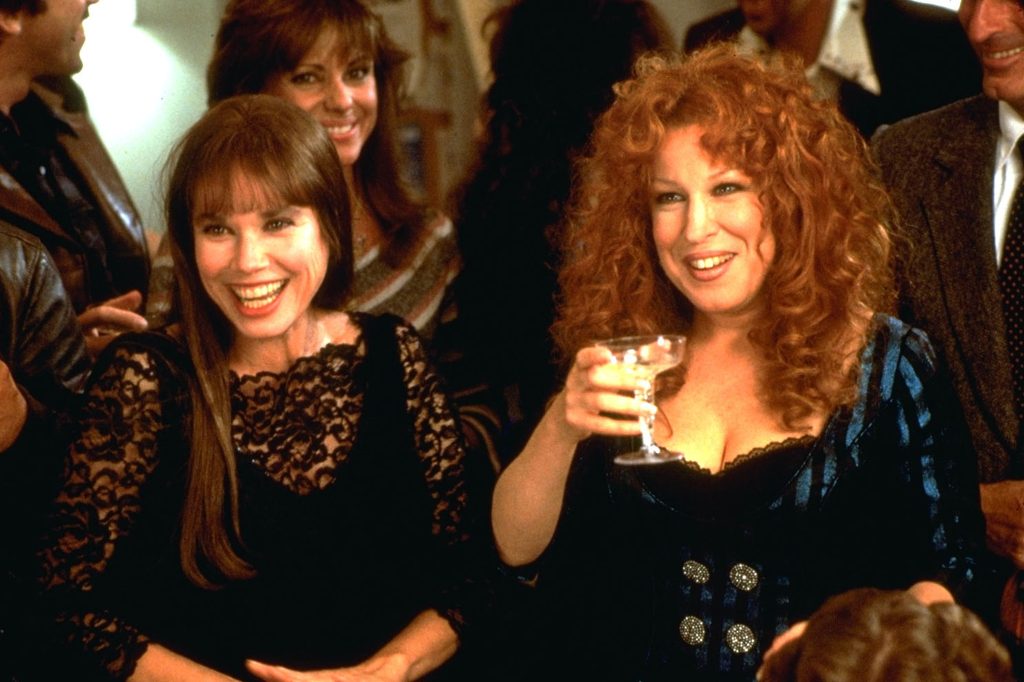
It remains one of the truest, most intimate onscreen love stories, and one of my favorites: Two people from different worlds meet as kids, drawn both to the extremes and similarities they recognize in each other. For decades they tumble in and out of closeness, at some points estranged, until tragedy brings them back together one last time. Death parts them as true soulmates, with the surviving partner as the keeper of the other’s legacy.
Of course, the movie I’m describing is 1988?s “Beaches” and the soulmates are not lovers but lifelong best friends CC (Bette Midler) and Hillary (Barbara Hershey). Their bond outlasts marriages and boyfriends and has all the requisite highs, lows and undeniable deep feelings. But some would struggle to call CC and Hillary each other’s true loves, because as a society that prioritizes romantic relationships, we don’t have easy language to name such vital connections. Author Rhaina Cohen thinks that should change
“We are summarily told there is a hierarchy and that romantic relationships are superior,” said Cohen, author of the national bestselling book “The Other Significant Others: Reimagining Life with Friendship at the Center.” It’s a gorgeous collection of interviews with pairs whose love and connection to each other has the “real intensity” we associate with romance but doesn’t include a sexual relationship.
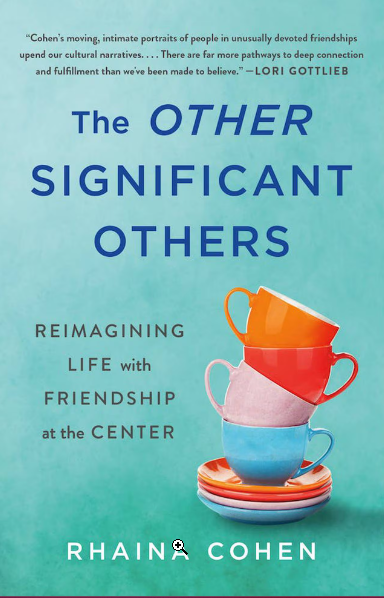
The author, who lives in the Washington, D.C., area and works full-time as an editor and producer at NPR, is ending her book tour in Baltimore on March 20 at Bird In Hand Coffee and Books. Some of Cohen’s own friends will be at the event to perform a song they wrote based on her book, which, of course, is about friendship.
“I can’t get away from the subject,” she said, laughing.
Along with Cohen’s stories of real, close friendships, including one of her own, the book is an accounting of these types of relationships and partnerships across history, as humans have struggled to put them into proper context.
I was fascinated by her theory that this sort of giddy, excited friendship — particularly among women — is accepted pre-puberty, but is supposed to be something you grow out of before transferring that intensity onto a romantic partner. Cohen writes of a woman named M, whose place in her life predates Cohen’s husband. “’Best friend’ was not adequate enough [to describe our relationship] when I put it into writing,” she said, as some people would assume “that either of us was repressing sexual desire. I thought, ‘How can I write about this friendship, let alone talk about it in my personal life, and not have people assume that I’m not understanding what is right in front of me? But that real giddiness in a friendship, I’ve experienced it before.”
On our Zoom, she nodded in agreement when I mentioned that the intensity of your Swifties or your Beyhive makes more sense to some than an intense nonsexual relationship. “People get [understand] parasocial relationships fixed on some figure you will never meet. We get fandom, but we don’t get that kind of excitement from a real person who is not a sexual partner,” she said.
I was excited to read “The Other Significant Others” because the subject resonates so much in my life and the role my close platonic friendships have played in my development as a human being. My oldest friendship spans my whole life: My parents’ close friends had their first child 15 days before my twin sister and I were born, and almost 53 years later, she’s still part of my heart. (We played “Dungeons & Dragons” with our kids over the weekend.)
The Baltimore Banner thanks its sponsors. Become one.
Then there’s the bestie since middle school who let my family live in her guesthouse when we moved back to Baltimore during the throes of the pandemic in 2020, or my college roommates who all flew down to Florida for my book launch. All those people — and more — were also by my side five years earlier in the immediate haze of grief after my husband died, forming a literal human wall between me and that pain. The feeling that compels one to do that is not casual, yet it is still difficult for some to fathom without a wedding and a ring.
“What makes romantic relationships special to people is that even on the first or second date, you’re contemplating whether you can build a life with this person, make big life decisions with this person, raise a child with this person,” Cohen said. “The imprint that a romantic partner leaves on your life leads to a place people focus on, so romantic relationships seem more important. But friendships are always there when your future dreams with your romantic partner crash.”
Cohen noted that many of us have friendships that outlast romances and even marriages, and we’ve all had those buddies who disappeared while they had boyfriends and then popped back up when it all went wrong. I told her that my friends and I, in our 50s now, have joked that we are going to “Golden Girls” with each other and move in together if we all outlive our respective partners. Cohen said she heard a similar idea at a New York stop on her book tour. And she had an intriguing question.
“Why do you have to wait until your husband dies?” she said. “You could have given up an opportunity to live with your friend.”
That’s intriguing because while romantic partners come and go — ask me how I know — the Dorothys and Blanches in our lives can be forever. And we thank them for being our friends.

